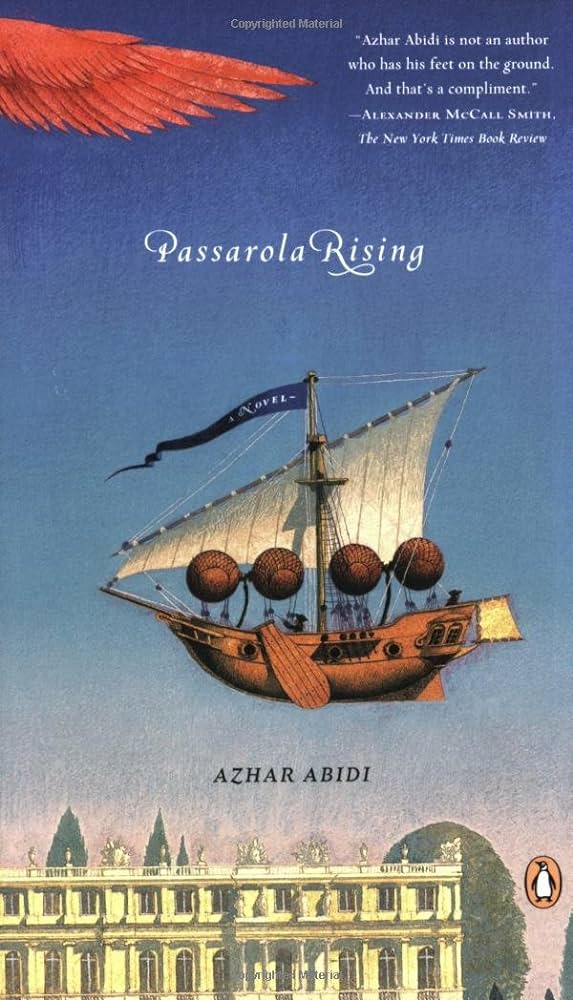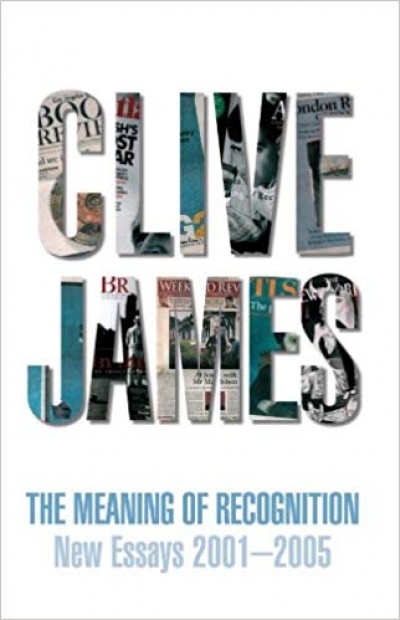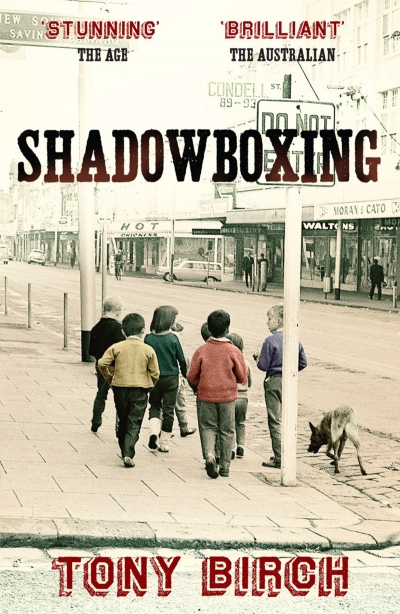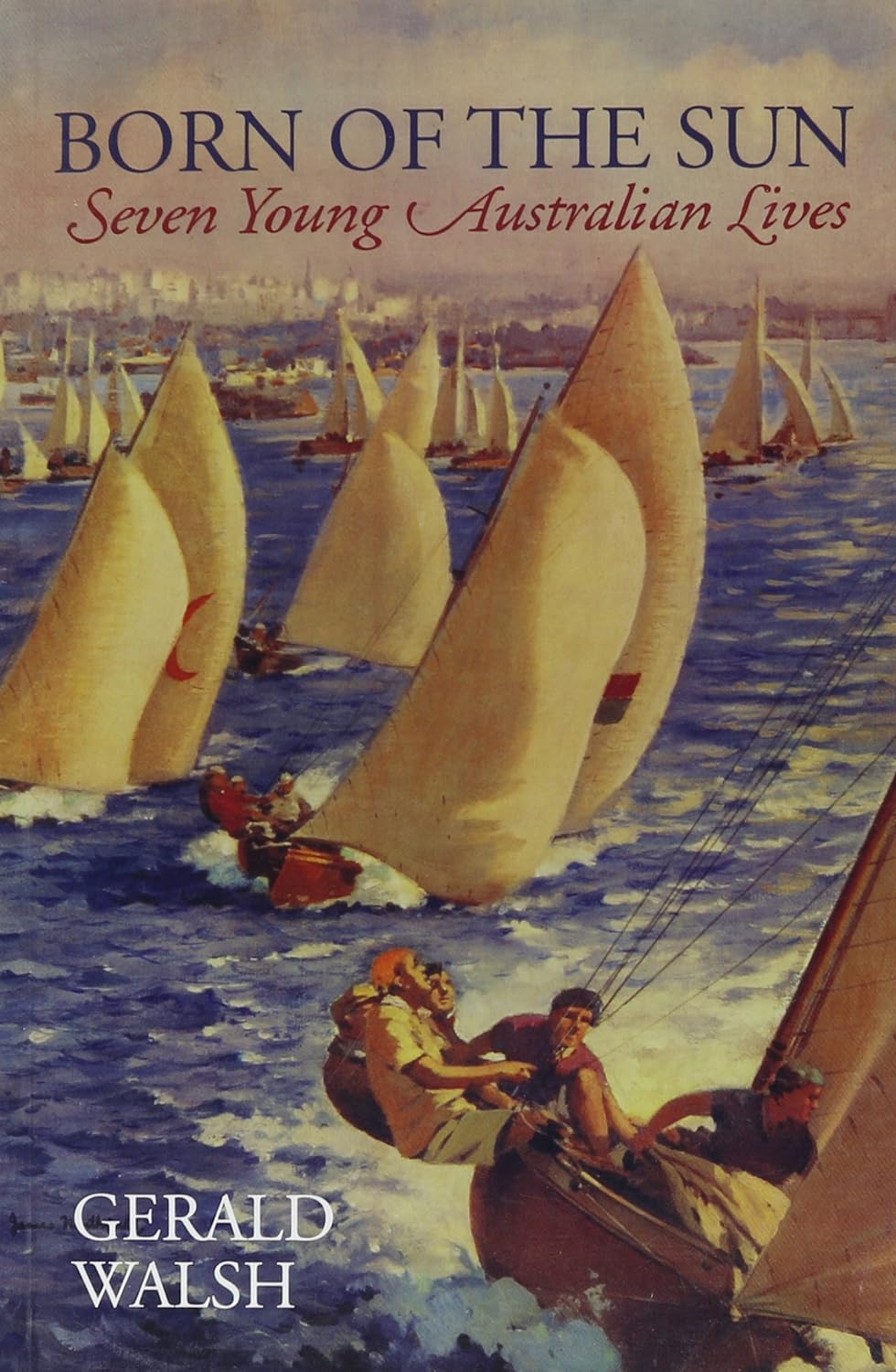Archive
Film | Theatre | Art | Opera | Music | Television | Festivals
Welcome to ABR Arts, home to some of Australia's best arts journalism. We review film, theatre, opera, music, television, art exhibitions – and more. To read ABR Arts articles in full, subscribe to ABR or take out an ABR Arts subscription. Both packages give full access to our arts reviews the moment they are published online and to our extensive arts archive.
Meanwhile, the ABR Arts e-newsletter, published every second Tuesday, will keep you up-to-date as to our recent arts reviews.
Recent reviews
Fabulating Beauty: Perspectives on the fiction of Peter Carey edited by Andreas Gaile
by Elizabeth Webby •
The Meaning of Recognition: New Essays 2001–2005 by Clive James
by Richard King •
No Country is an Island: Australia and international law by Hilary Charlesworth et al.
by James Upcher •
Born of the Sun: Seven young Australian lives by Gerald Walsh
by Gillian Dooley •










